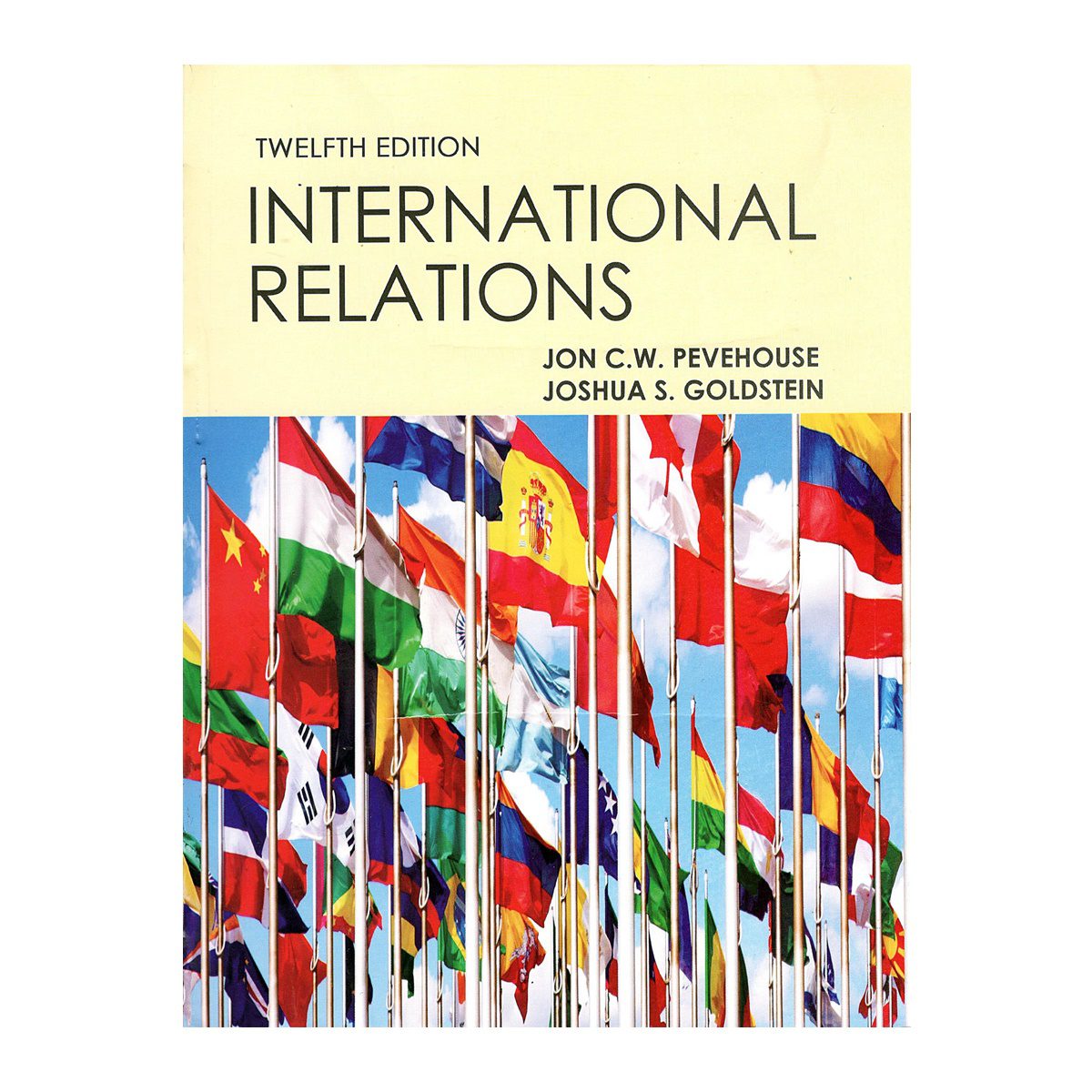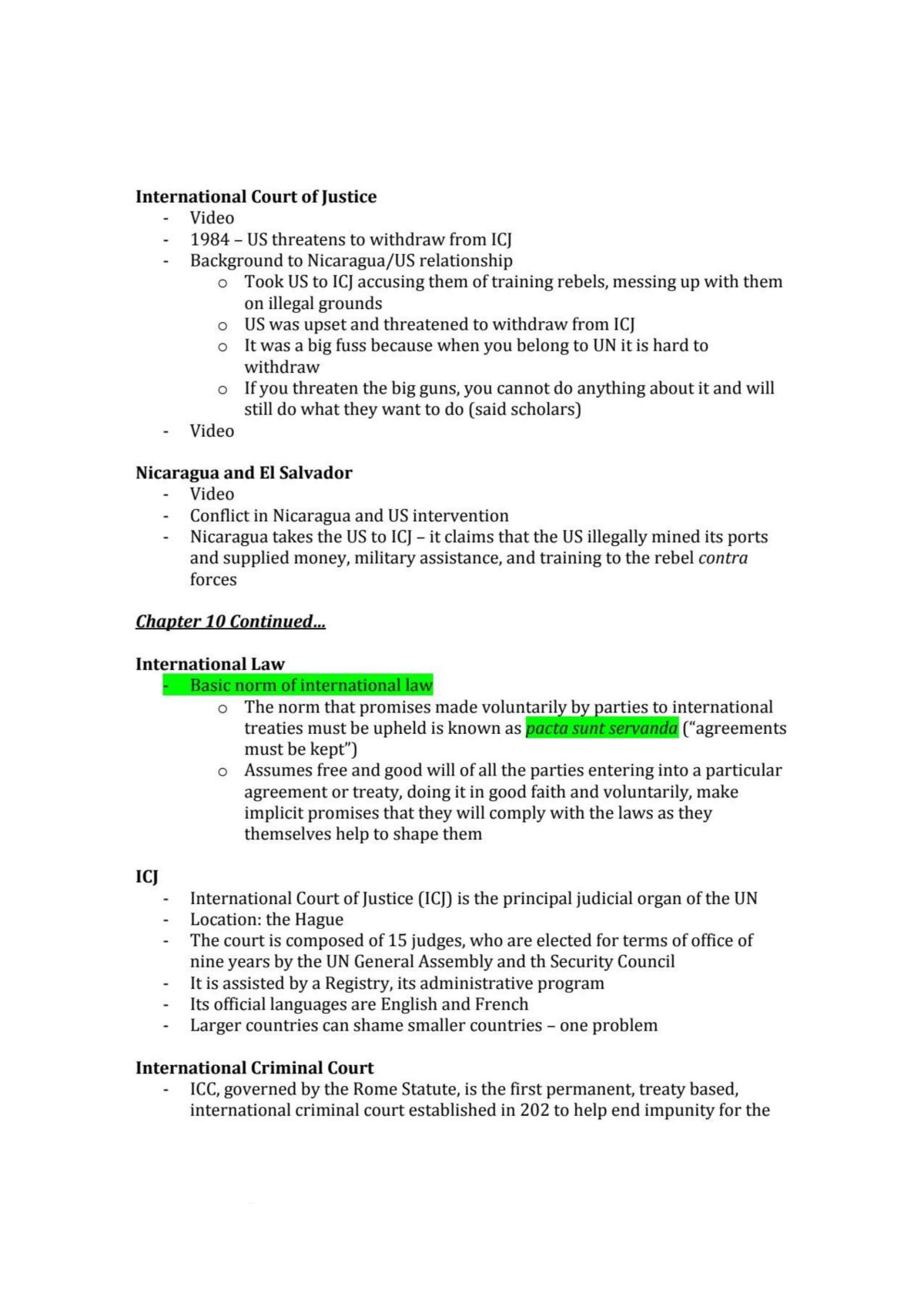5 September: A Historic Date In International Relations
Source: www.thinkswap.com
5 September: A Historic Date In International Relations is an important date in international relations. It marks the anniversary of the end of World War II, the signing of the Paris Peace Treaty, and the establishment of the United Nations.
Editor's Notes: "5 September: A Historic Date In International Relations" have published today date. This is a very important topic to read because it gives us a chance to reflect on the past and think about the future of international relations.
We've done some analysis, digging information, and putting together this "5 September: A Historic Date In International Relations" guide to help target audience make the right decision.
| Event | Date |
|---|---|
| End of World War II | September 2, 1945 |
| Signing of the Paris Peace Treaty | September 5, 1945 |
| Establishment of the United Nations | October 24, 1945 |
These events had a profound impact on the course of international relations. The end of World War II marked the end of a devastating conflict that had claimed the lives of millions of people. The signing of the Paris Peace Treaty formally ended the war and restored peace to Europe. The establishment of the United Nations created a new international organization dedicated to maintaining peace and security.
FAQ
This comprehensive FAQ section provides answers to frequently asked questions surrounding the milestone date of 5 September in international relations.

International Relations 12th Edition By Joshua S Goldstein - Source cssbooks.net
Question 1: What significant events occurred on 5 September?
5 September holds historical significance as the date of multiple pivotal events in international relations. These include the signing of the Peace of Paris, ending the Seven Years' War in 1763, and the signing of the Treaty of Versailles, officially ending World War I in 1919.
Question 2: What are the implications of the Peace of Paris?
The Peace of Paris had far-reaching effects on the global balance of power. It resulted in the British Empire gaining significant territories in North America, while France ceded control over Canada and various Caribbean islands. The treaty also marked the decline of French influence in Europe and the ascendancy of Great Britain as a global superpower.
Question 3: How did the Treaty of Versailles impact international relations?
The Treaty of Versailles imposed harsh reparations and restrictions on Germany, contributing to widespread resentment and economic instability in the country. It is widely considered to have set the stage for the outbreak of World War II.
Question 4: What other notable events have taken place on 5 September?
In addition to the signing of the Peace of Paris and the Treaty of Versailles, other significant events that have occurred on 5 September include the completion of the Panama Canal in 1914, the adoption of the United States Constitution in 1787, and the first successful demonstration of a radio transmission by Guglielmo Marconi in 1895.
Question 5: What lessons can be drawn from these events?
The events of 5 September serve as reminders of the profound impact of international diplomacy and the importance of seeking peaceful resolutions to global conflicts. They also highlight the long-lasting consequences of geopolitical decisions and the need for careful consideration of their potential implications.
Question 6: How can we commemorate and learn from these historic events?
Commemorating these events through historical research, educational programs, and public discussions can raise awareness about their significance and contribute to a deeper understanding of the complexities of international relations.
Understanding the events of 5 September in international relations is essential for gaining historical perspective and appreciating the ongoing challenges and opportunities in global affairs.
Transition to the next article section: For further insights into the significance of 5 September in international relations, explore our in-depth analysis and expert commentary in the following sections.
Tips on 5 September: A Historic Date In International Relations
5 September holds great significance in the realm of international relations. Throughout history, this date has marked pivotal moments that have shaped the course of global affairs. 5 September: A Historic Date In International Relations Understanding the significance of this date can deepen your knowledge of international relations and provide valuable insights.

Alpharetta City Hall editorial stock photo. Image of alpharetta - 178160353 - Source www.dreamstime.com
Tip 1: Explore Historical Events:
Delve into the rich history associated with 5 September. Events such as the signing of the Treaty of Paris in 1783, ending the American Revolutionary War, and the signing of the Paris Peace Accords in 1973, concluding the Vietnam War, offer valuable lessons on diplomacy and conflict resolution.
Tip 2: Analyze Diplomatic Agreements:
Examine the diplomatic agreements signed on 5 September, such as the Treaty of Saint-Germain-en-Laye in 1919, which dissolved the Austro-Hungarian Empire. Studying these agreements provides insights into the processes of negotiation, compromise, and international cooperation.
Tip 3: Understand the Role of Diplomacy:
5 September has witnessed significant diplomatic efforts throughout history. By studying the diplomatic initiatives undertaken on this date, you can gain a deeper understanding of the role of diplomacy in fostering peace, resolving conflicts, and building international partnerships.
Tip 4: Examine Global Power Dynamics:
5 September has often marked shifts in global power dynamics. For example, the signing of the Potsdam Agreement in 1945 shaped the post-World War II world order. Analyzing these events allows for a better understanding of the factors that influence international power dynamics.
Tip 5: Appreciate Cultural Diversity:
5 September has cultural significance in various parts of the world. In Brazil, it is Independence Day, while in Australia, it is Father's Day. Understanding the cultural diversity associated with this date fosters appreciation for different perspectives and traditions.
By following these tips, you can enhance your knowledge and gain valuable insights into the historical significance of 5 September in international relations. This understanding contributes to a deeper appreciation of the complexities of global affairs and the role of diplomacy in shaping our world.
5 September: A Historic Date In International Relations
The date 5 September holds significant importance in international relations due to several key aspects that have shaped global events and diplomatic interactions.

International Relations | Pakistani Penguintellectual - Source dashbored.wordpress.com
These historical events demonstrate the multifaceted significance of 5 September in international relations, reflecting themes of war and peace, territorial disputes, diplomatic negotiations, and social and economic advancements.
5 September: A Historic Date In International Relations
On 5 September 1946, James F. Byres, the US Secretary of State, delivered a speech in Stuttgart, Germany, in which he declared the end of the US policy of unconditional surrender for Germany. This speech marked a significant turning point in the relationship between the US and Germany, and it helped to pave the way for the establishment of West Germany as a sovereign state in 1949.

Introduction to International Relations Notes | INTR2000 - Introduction - Source www.thinkswap.com
The speech was also a turning point in the Cold War. The US and the Soviet Union had been allies during World War II, but they soon became rivals as the war ended. The US policy of unconditional surrender for Germany was seen by the Soviets as a threat to their own security, and it helped to create the conditions that led to the Cold War.
The consequences of Byres's speech were far-reaching. It helped to create a new international order in Europe, and it had a lasting impact on the relationship between the US and Germany. The speech is still considered one of the most important speeches in the history of international relations.
Table: Key Points
| Date | 5 September 1946 |
| Speaker | James F. Byrnes |
| Location | Stuttgart, Germany |
| Significance | Marked a turning point in the relationship between the US and Germany, and it helped to pave the way for the establishment of West Germany as a sovereign state in 1949. |
Conclusion
Byrnes's speech was a turning point in international relations. It helped to create a new international order in Europe, and it had a lasting impact on the relationship between the US and Germany. The speech is still considered one of the most important speeches in the history of international relations.
The speech is a reminder of the importance of international cooperation and diplomacy. It is also a reminder of the challenges that can arise when countries have different interests and goals.
Chukar Partridge: An Endearing Upland Game Bird For Hunters And Birders, Mladen Marinov: Renowned Bulgarian Football Player, Брентфорд посреща Тотнъм за вълнуващ сблъсък във Висшата лига, Everton "Cebolinha" Guimarães: Brazilian Superstar Winger, São Joseense Battles Londrina: Clash Of Champions In Brazilian Série C, Brescia Calcio: A Historical Club In Northern Italy, Unleash The Fury: God Of War's Epic Return On Xbox, Clippers Vs. Pacers: NBA East-West Clash With Playoff Implications, Monsoon FC Storms Past Guarany In Thrilling Monsoon Cup Clash, Velo Clube Vs Portuguesa: Thrilling Matchup In The Brazilian League,